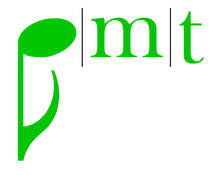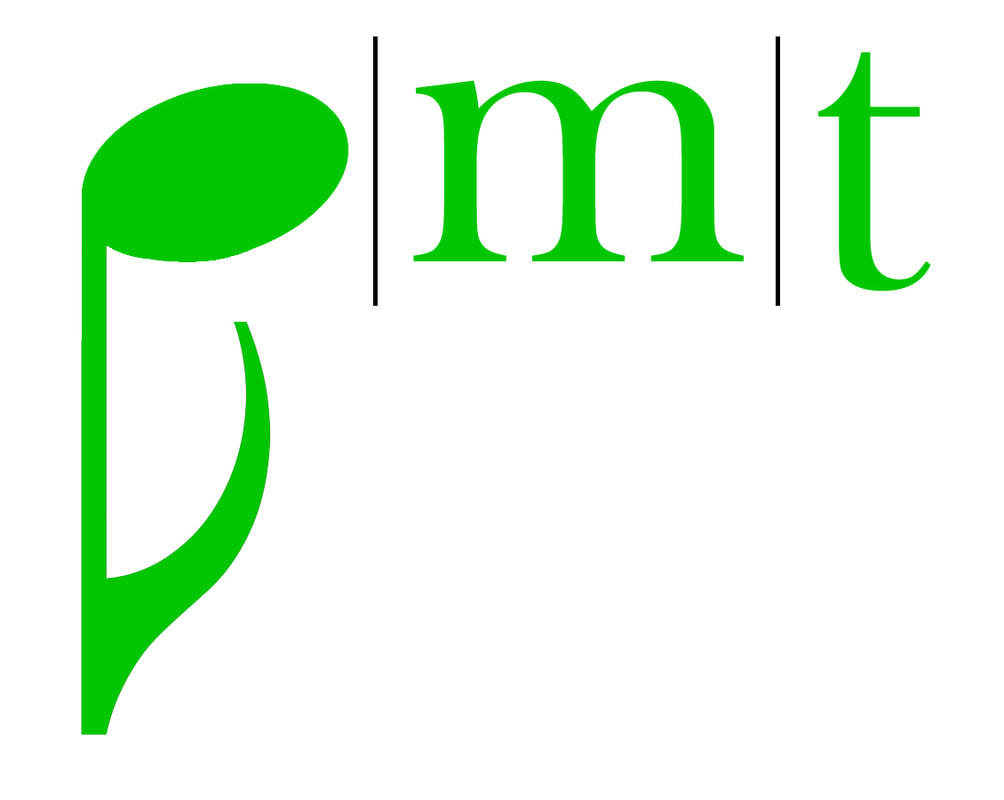Written by Melissa Reinhardt, MSEd, MT-BCA referral is defined as “the act, action or instance of referring” whereas “refer” means to “send or direct for treatment, aid, information or decision." In the field of music therapy, persons must be referred for music therapy services. According to AMTA (American Music Therapy Association), “children, adolescents, adults, and the elderly with mental health needs, developmental and learning disabilities, Alzheimer's disease and other aging related conditions, substance abuse problems, brain injuries, physical disabilities, and acute and chronic pain, including mothers in labor” can benefit from music therapy services. More specifically, the Standards of Clinical Practice published by AMTA indicates in Standard 1.0 Referral and Acceptance that “a client will be accepted into music therapy in accordance with specific criteria.” Although there are no specific guidelines regarding who can refer a client for services, this often depends on the situation of the client. For example, a client in a hospital setting may be referred to music therapy by a physician, psychologist, speech-language pathologist or a child life specialist. A client in school setting may be referred by a special education teacher or a school psychologist whereas a client living in a nursing facility may be referred by a family member or social worker. It is ultimately up to the music therapist to accept a referral for services. A referral can happen in a variety of ways, but most importantly must be in written format either through electronic means or through completing a specified music therapy referral form. There are no standardized referral forms in music therapy; they are often created by music therapy professionals to provide the necessary information. According to Waldon (2016), “referrals may be written directly into a client’s record and should include, at a minimum: (a) the date and source of the referral; (b) the client’s demographic information; (c) the reason for the referral or presenting problem; and (d) the pertinent clinical information that could weigh on making a referral decision. When responding to the referral, the music therapist should also document (a) the justification for accepting or declining the referral for an initial assessment; (b) a follow-up plan for meeting with the client (as appropriate); and (c) a record of consultation or contact with the referring person.” When considering if music therapy might be a good choice for your loved one, it is important to examine the following: client’s responsiveness to music (positive or negative) and client interest in music. Possibly, even a client who did not benefit from traditional treatments Because music is the tool in which music therapists use as the primary method of treatment, a client should have a positive response to music and/or musical stimuli. In addition, Hanser (1999) stated some general guidelines why some persons may be good candidates for music therapy:
weaknesses including communication skills, cognitive/academic skills, motor skills, emotional skills and social skills in both musical and non-musical settings to determine the possible effectiveness of using music therapy as treatment. Hanser, S. B. (1999). The New Music Therapist’s Handbook. Boston, MA: Berklee Press. Waldon, E. G. (2016). Clinical Documentation in Music Therapy: Standards, Guidelines, and Laws. Music Therapy Perspectives 34(1), pp. 57–63. https://doi.org/10.1093/mtp/miv040
1 Comment
Jainu
11/26/2018 01:20:03 pm
We are having difficulty getting referral from our doctor for the music therapy. The doctor is not able to pull up the code for referral on the referral panel. Is this something you can help us with?
Reply
Your comment will be posted after it is approved.
Leave a Reply. |
PMTProviding music therapy services for early childhood to older adults, music instruction and enrichment plus continuing music therapy education in Greater Charlotte Area of the Carolinas. Archives
May 2024
Categories
All
|
Piedmont Music Therapy is a 501(c)(3) status organization.
Piedmont Music Therapy accepts donations via venmo @piedmontmusictherapy or any amount through QuickBooks. Contact us to arrange an electronic pledge!
Main Location |
|


 RSS Feed
RSS Feed
